Security cabinet sits for over three hours, presented plans on improving infrastructure, but defense minister says relief won’t bring stability to Strip
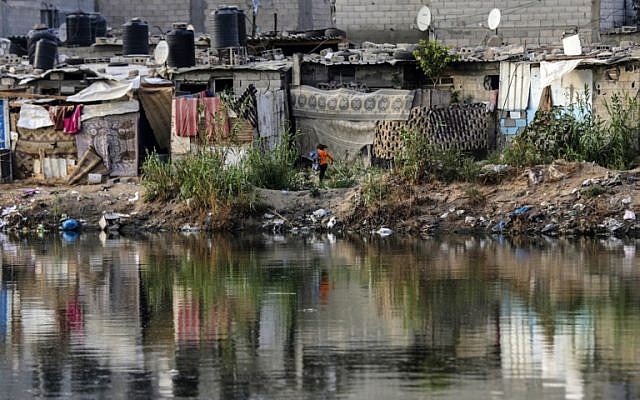
Israeli ministers met for over three hours to discuss a worsening humanitarian situation in Gaza Sunday, but failed to agree on any concrete steps to ease dire conditions in the Strip.
Signals from top ministers ahead of the security cabinet meeting had pointed to a deep rift over whether Israel should push ahead with programs aimed at bringing clean water, electricity and other basic needs to the territory.
Ministers were presented with a series of plans previously proposed by defense officials who see easing grim conditions in the enclave as a key to long-sought stability, according to Hebrew media reports.
However the security cabinet, made up of Prime Minister Benjamin Netanyahu and other top ministers, did not come to any conclusion regarding the plans or other steps, according to the reports.
The plans, which include mainly infrastructure programs to provide clean water, new electricity lines, a gas pipeline and sewage treatment facilities, had earlier been okayed by the government and formed the basis of a proposal presented to donor countries in Brussels earlier this year, according to the Haaretz newspaper.
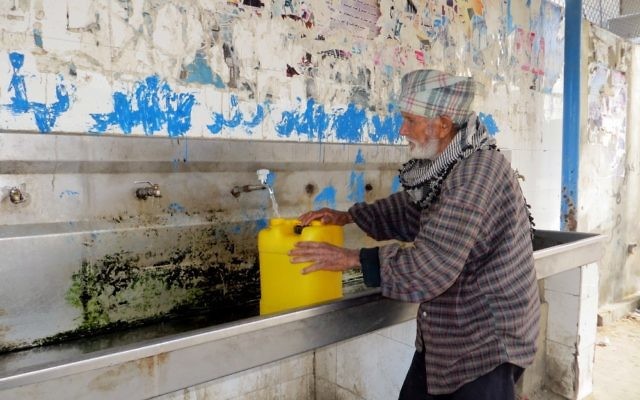
However, ahead of the meeting Defense Minister Avigdor Liberman and Education Minister Naftali Bennett both expressed reservations about easing conditions in the Strip while the territory is ruled by the Hamas terror group and before a deal to return Israeli captives, including the remains of two soldiers.
Gaza faces a lack of electricity, drinkable water and food. Israel and Egypt maintain a blockade on the Strip which they say is designed to prevent Hamas from importing weapons and other goods that could be used to build fortifications or cross-border tunnels.
Gaza’s woes have been exacerbated by an ongoing dispute between Hamas and the PA, which has cut the salaries it pays to workers in Gaza and imposed various sanctions, including cutting of payments for electricity supplies to the enclave.
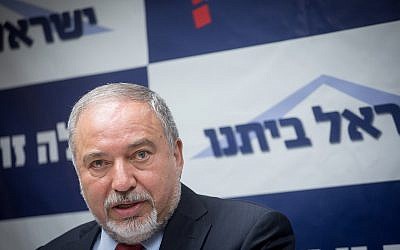
Defense officials have warned that worsening conditions could exacerbate already high tensions on the border.
However ahead of the meeting Defense Minister Avigdor Liberman publicly denounced that position.
“Whoever thinks improving the civilian and economic situation in Gaza will halt the terror kites and the violence, is simply wrong,” he told Army Radio. “Enough with all sorts of illusions and delusions that improving the economy will end terror.”
“The opposite is true — they’ll understand that with use of force and violence they can achieve political goals. To improve the reality in the Gaza Strip, the Hamas regime must be toppled. Anyone who wants more than four hours of electricity a day must topple the Hamas regime.”
Liberman was joined by Education Minister Naftali Bennett in demanding that any relief for the beleaguered Strip come only after Hamas agrees to return the Israelis held there.
Israeli civilians Avera Mengistu and Hisham al-Sayed both crossed into Gaza of their own accord in 2014 and 2015, respectively. The bodies of IDF soldiers Hadar Goldin and Oron Shaul were snatched by Hamas in the 2014 Gaza war, known in Israel as Operation Protective Edge.
“In recent days people have been talking about humanitarian steps,” Bennett told reporters. “We need to remember that our sons, both bodies of soldiers and Israeli citizens, are held there.”
“Therefore I propose the following equation: Humanitarian [steps] in exchange for humanitarian [steps]. There’s no such thing as a free lunch,” he said. “On the other side [of the border] stands a vicious enemy waiting for signs of naivete and free gifts.”
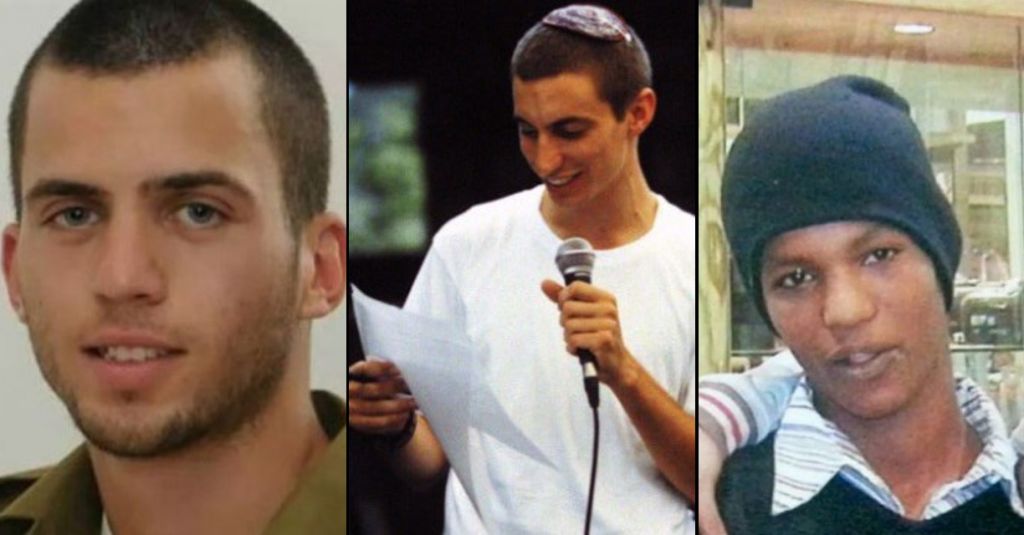
Goldin’s parents Leah and Simcha Goldin, spoke on Sunday morning with cabinet ministers and asked them not to advance any humanitarian measures without returning the missing Israelis and bodies.
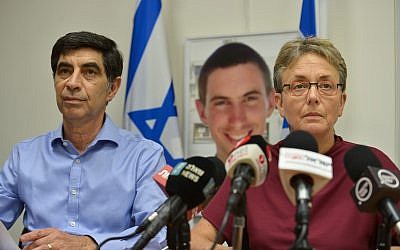
They said Prime Minister Benjamin Netanyahu had promised them that returning the soldiers would be a precondition for any agreement related to the Gaza Strip, and that they expected the premier to honor that promise.
“Netanyahu is the one who coined the phrase ‘If they give, they will receive; if they won’t give, they won’t receive.’ That is the message that must come today from the cabinet meeting,” the Goldins said in a statement, according to Hebrew-language media.
“The return of the boys is a distinct humanitarian issue, and that should be affirmed with all international bodies promoting an aid deal for Gaza,” they said.
As reported by The Times of Israel
